Navigating the World of Jewelry Valuation: A Comprehensive Guide to Independent Experts
Related Articles: Navigating the World of Jewelry Valuation: A Comprehensive Guide to Independent Experts
Introduction
In this auspicious occasion, we are delighted to delve into the intriguing topic related to Navigating the World of Jewelry Valuation: A Comprehensive Guide to Independent Experts. Let’s weave interesting information and offer fresh perspectives to the readers.
Table of Content
Navigating the World of Jewelry Valuation: A Comprehensive Guide to Independent Experts
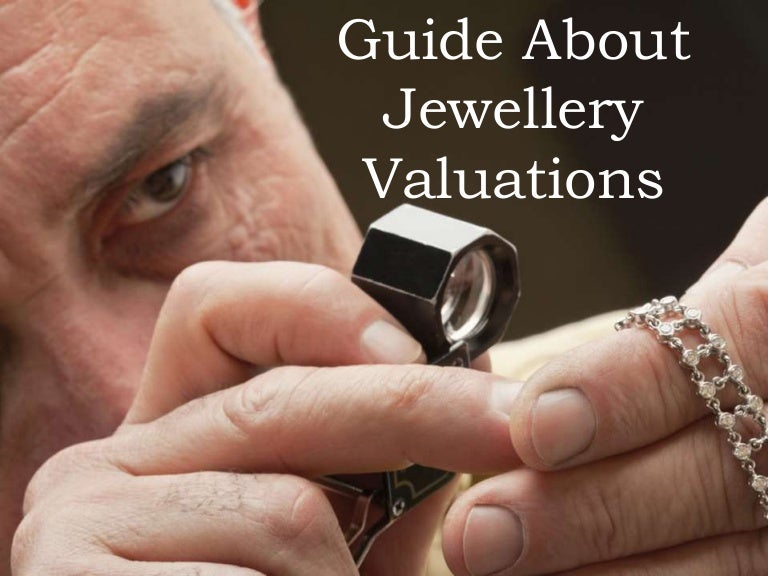
The world of jewelry is filled with intricate designs, precious metals, and sparkling stones, each carrying its own unique value. However, determining the true worth of a piece can be a complex and nuanced process, often requiring the expertise of a professional. Independent jewelry valuers play a crucial role in this process, offering unbiased and accurate assessments for a variety of purposes.
Understanding the Role of Independent Jewelry Valuers:
Independent jewelry valuers are professionals who specialize in evaluating the monetary value of jewelry. They possess extensive knowledge of gemology, metals, design trends, and market dynamics, enabling them to provide comprehensive and reliable assessments. Unlike in-house valuers at jewelry stores, independent valuers operate independently, offering impartial assessments free from any potential bias or vested interest in the sale of the piece.
The Importance of Seeking Independent Expertise:
Engaging an independent jewelry valuer offers numerous benefits, particularly when dealing with valuable or sentimental pieces. Here are some key reasons why seeking independent expertise is crucial:
-
Accurate Valuation: Independent valuers are equipped with the necessary knowledge and tools to conduct thorough examinations, considering factors such as:
- Gemstone Quality: Evaluating clarity, color, cut, and carat weight.
- Metal Purity: Determining the karatage and composition of the metal.
- Design and Craftsmanship: Assessing the artistry, style, and historical significance.
- Market Conditions: Taking into account current market trends and demand.
- Objectivity and Impartiality: Independent valuers operate without any affiliation with jewelry retailers or sellers, ensuring unbiased assessments free from potential conflicts of interest.
- Insurance and Inheritance: Valuations are essential for insurance purposes, allowing you to accurately insure your jewelry for its full value. They are also crucial for estate planning, ensuring fair and accurate distribution of assets during inheritance.
- Sales and Purchases: When buying or selling jewelry, an independent valuation can provide a realistic estimate of the piece’s worth, helping you negotiate fair prices and avoid overpaying or underselling.
- Dispute Resolution: In cases of disagreements regarding the value of a piece, an independent valuation can provide impartial evidence to support your claim.
- Peace of Mind: Knowing the true value of your jewelry offers peace of mind, allowing you to make informed decisions regarding its care, insurance, and potential sale.
Factors Influencing Jewelry Value:
The value of a piece of jewelry is determined by a complex interplay of various factors. Understanding these factors can provide valuable insights into the process of valuation:
-
Gemstones: The most valuable factor in many pieces. Gemstones are assessed based on the "Four Cs":
- Carat: The weight of the gem, measured in carats.
- Cut: The shape and facets of the gem, influencing its brilliance and fire.
- Clarity: The absence of inclusions or imperfections within the gem.
- Color: The hue, saturation, and tone of the gem, varying based on the type and origin.
- Metal: The type and purity of the metal used, typically gold, silver, platinum, or a combination, influence the piece’s value. Karatage indicates the percentage of pure gold in the metal, with higher karatage signifying greater purity and value.
- Design and Craftsmanship: The aesthetic appeal, complexity, and historical significance of the design play a crucial role. Unique or intricate designs, particularly those created by renowned jewelers, often command higher value.
- Provenance: The history and origin of the piece can significantly impact its value. Pieces with a documented history, particularly those associated with notable individuals or events, are highly sought after.
- Market Demand: The current market demand for specific types of jewelry, gemstones, and metals influences their value. Trends, fashion preferences, and economic conditions can affect the price of certain items.
Engaging an Independent Jewelry Valuer: A Step-by-Step Guide:
Finding a reputable and qualified independent jewelry valuer is essential for accurate and reliable assessments. Here’s a step-by-step guide to navigate the process:
- Research and Referrals: Start by researching online directories, professional organizations, and local jewelers to identify potential valuers in your area. Seek recommendations from trusted sources, such as financial advisors, insurance brokers, or fellow collectors.
- Qualifications and Experience: Verify the valuer’s credentials and experience. Look for certifications from recognized organizations, such as the Gemological Institute of America (GIA), the American Society of Appraisers (ASA), or the National Association of Jewelry Appraisers (NAJA).
- Fees and Services: Inquire about the valuer’s fees and services offered. Fees can vary depending on the complexity of the valuation, the type of jewelry, and the valuer’s experience. Discuss the scope of the valuation and any additional services, such as insurance appraisals or estate valuations.
- Communication and Transparency: Choose a valuer who communicates clearly and transparently, explaining the valuation process and providing detailed reports. Ensure you understand the basis of the valuation and any assumptions made.
- Documentation and Reports: Request a detailed written report outlining the valuation findings, including descriptions of the jewelry, gemstone analysis, metal purity, market conditions, and the final estimated value. This documentation serves as a valuable record for insurance, estate planning, or legal purposes.
FAQs by Independent Jewelry Valuers:
1. What is the difference between an appraisal and a valuation?
While often used interchangeably, there are subtle differences. An appraisal is typically conducted for insurance purposes, focusing on the replacement value of the jewelry. A valuation, on the other hand, is a broader assessment considering the current market value, taking into account factors like condition, design, and market demand.
2. What is the typical cost of a jewelry valuation?
The cost of a valuation can vary depending on the complexity of the piece, the valuer’s experience, and the type of valuation required. Generally, expect fees ranging from a few hundred dollars to several thousand dollars for intricate or valuable pieces.
3. How often should I have my jewelry valued?
It is recommended to have your jewelry valued every 3-5 years to account for fluctuations in market conditions and potential changes in the value of gemstones and metals. However, if you have recently purchased or inherited a piece, or if there are significant changes in your insurance coverage, it’s advisable to obtain a new valuation.
4. Can I get a valuation online?
While online valuation tools can provide a general estimate, they are not a substitute for a professional valuation. Online tools lack the ability to physically examine the piece and consider factors like condition, craftsmanship, and market demand.
5. What should I do if I disagree with a valuation?
If you disagree with a valuation, it’s essential to communicate your concerns with the valuer and request clarification. If the disagreement persists, consider seeking a second opinion from another reputable valuer.
Tips by Independent Jewelry Valuers:
- Properly Prepare for Your Appointment: Clean and polish your jewelry before your appointment to allow the valuer to accurately assess its condition.
- Provide Detailed Information: Share any relevant information about the piece, such as purchase date, origin, or any previous valuations.
- Ask Questions: Don’t hesitate to ask questions about the valuation process, the factors considered, and the basis for the estimated value.
- Seek Multiple Opinions: If you are unsure about a valuation, consider seeking a second opinion from another reputable valuer.
- Document Your Valuations: Keep all valuation reports in a safe and accessible location for future reference.
Conclusion by Independent Jewelry Valuers:
Engaging an independent jewelry valuer is a crucial step in ensuring the accurate assessment of your precious pieces. Their expertise provides valuable insights into the true worth of your jewelry, enabling you to make informed decisions regarding insurance, inheritance, sales, and purchases. By understanding the importance of independent valuations and following the steps outlined in this guide, you can navigate the world of jewelry valuation with confidence and clarity.
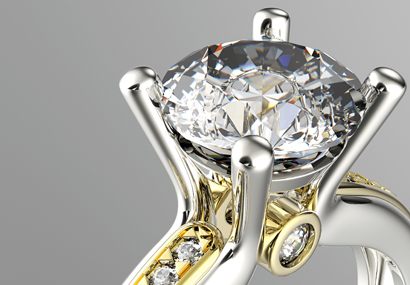
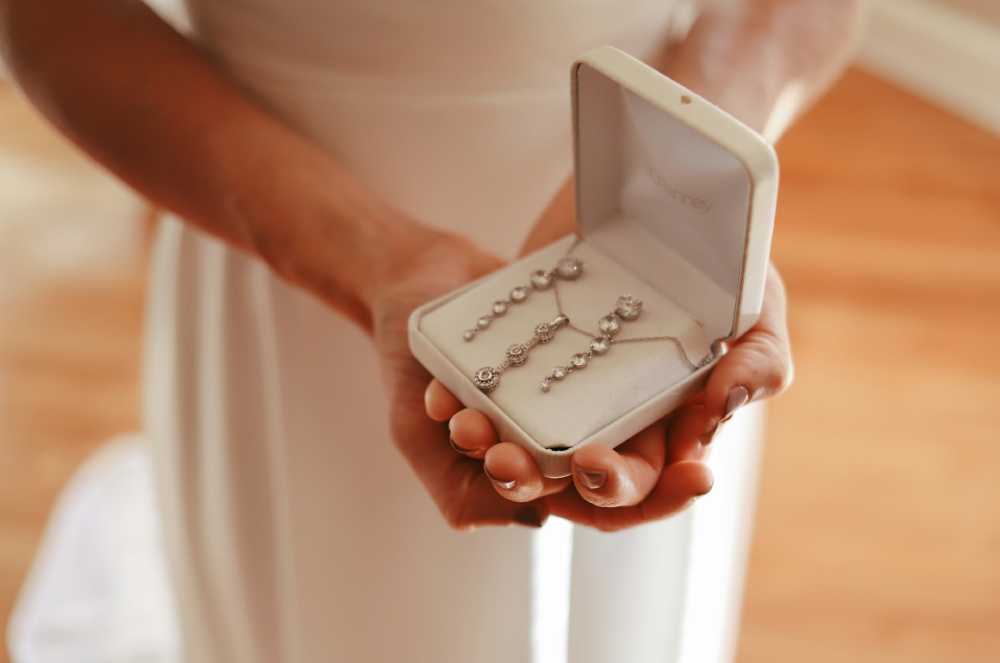

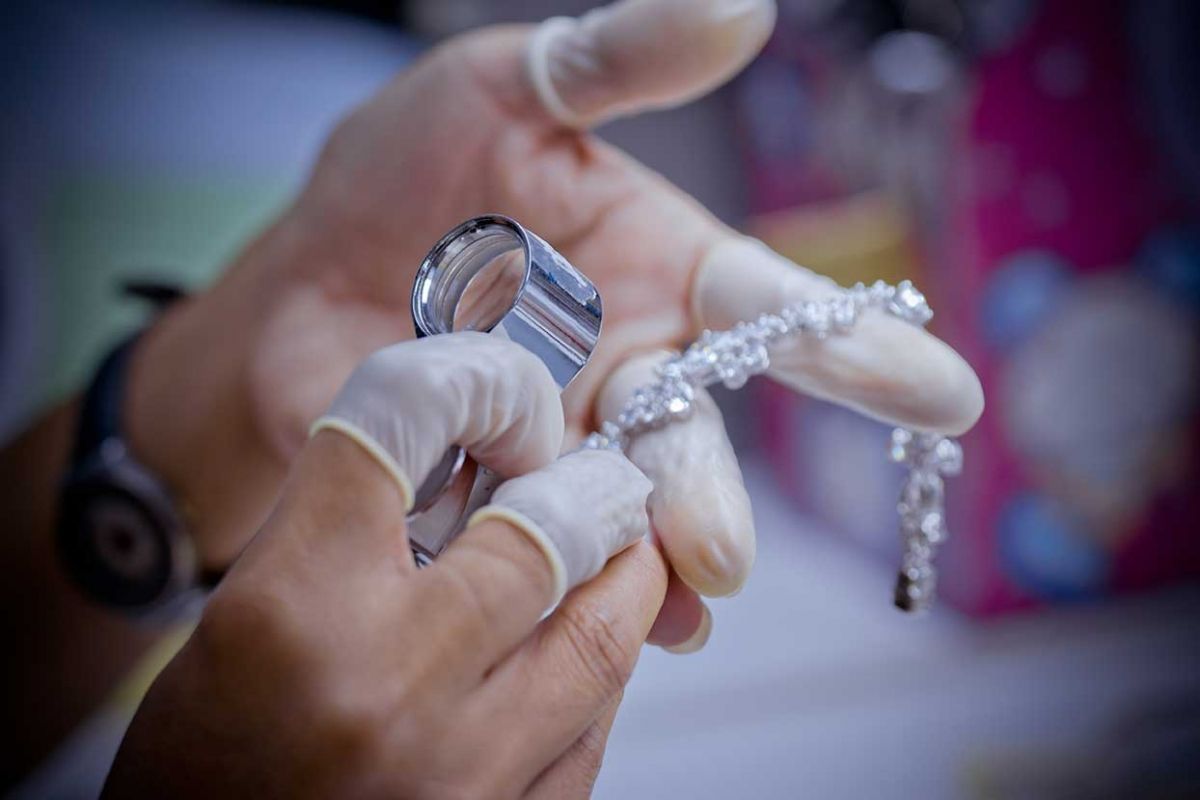

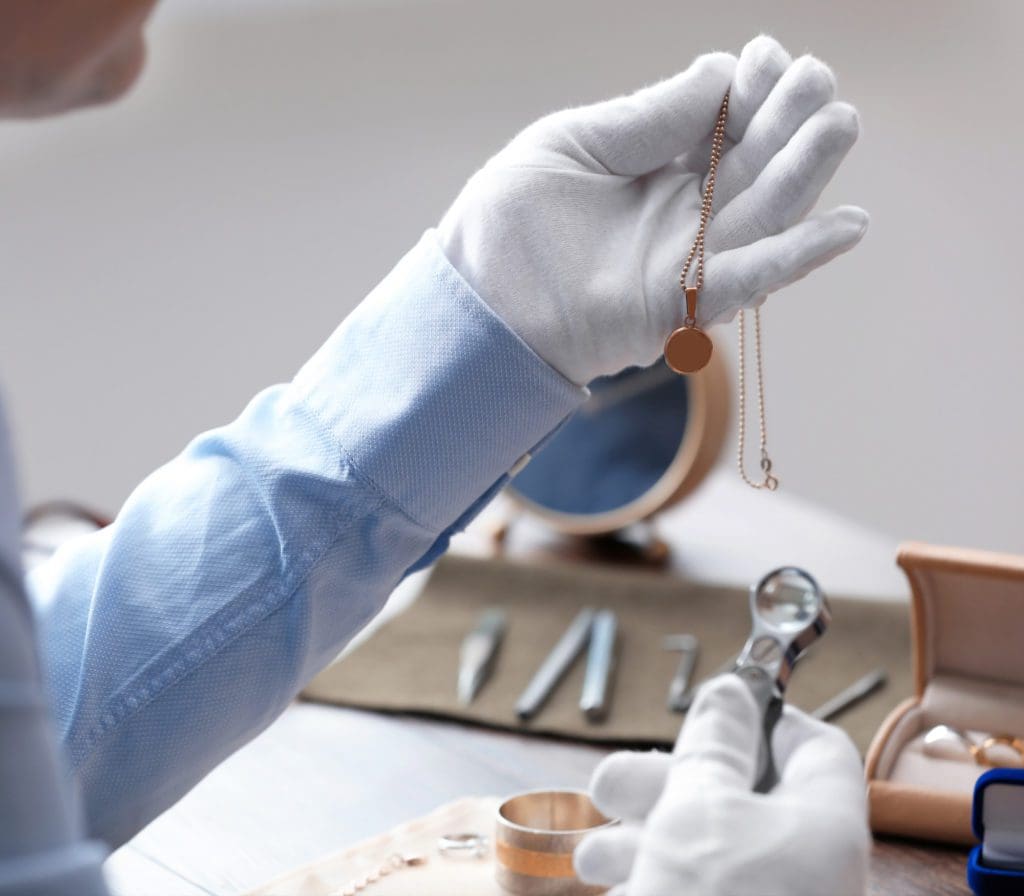

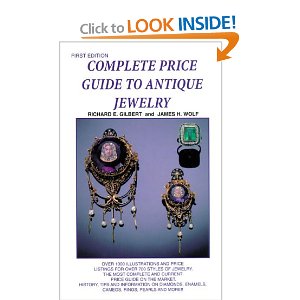
Closure
Thus, we hope this article has provided valuable insights into Navigating the World of Jewelry Valuation: A Comprehensive Guide to Independent Experts. We hope you find this article informative and beneficial. See you in our next article!